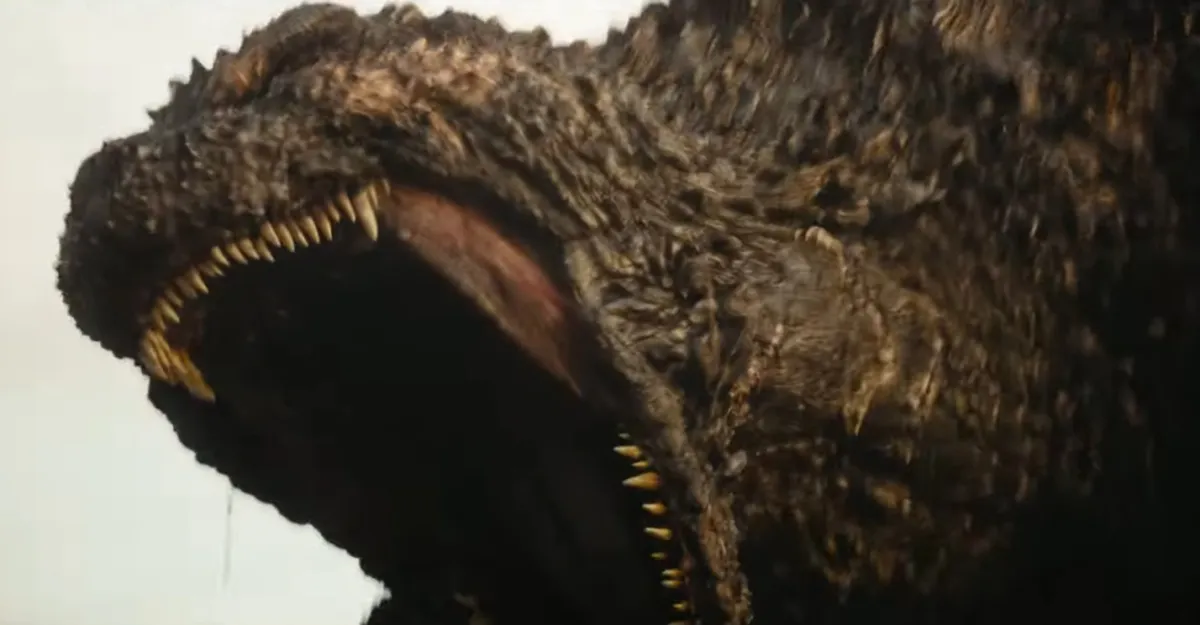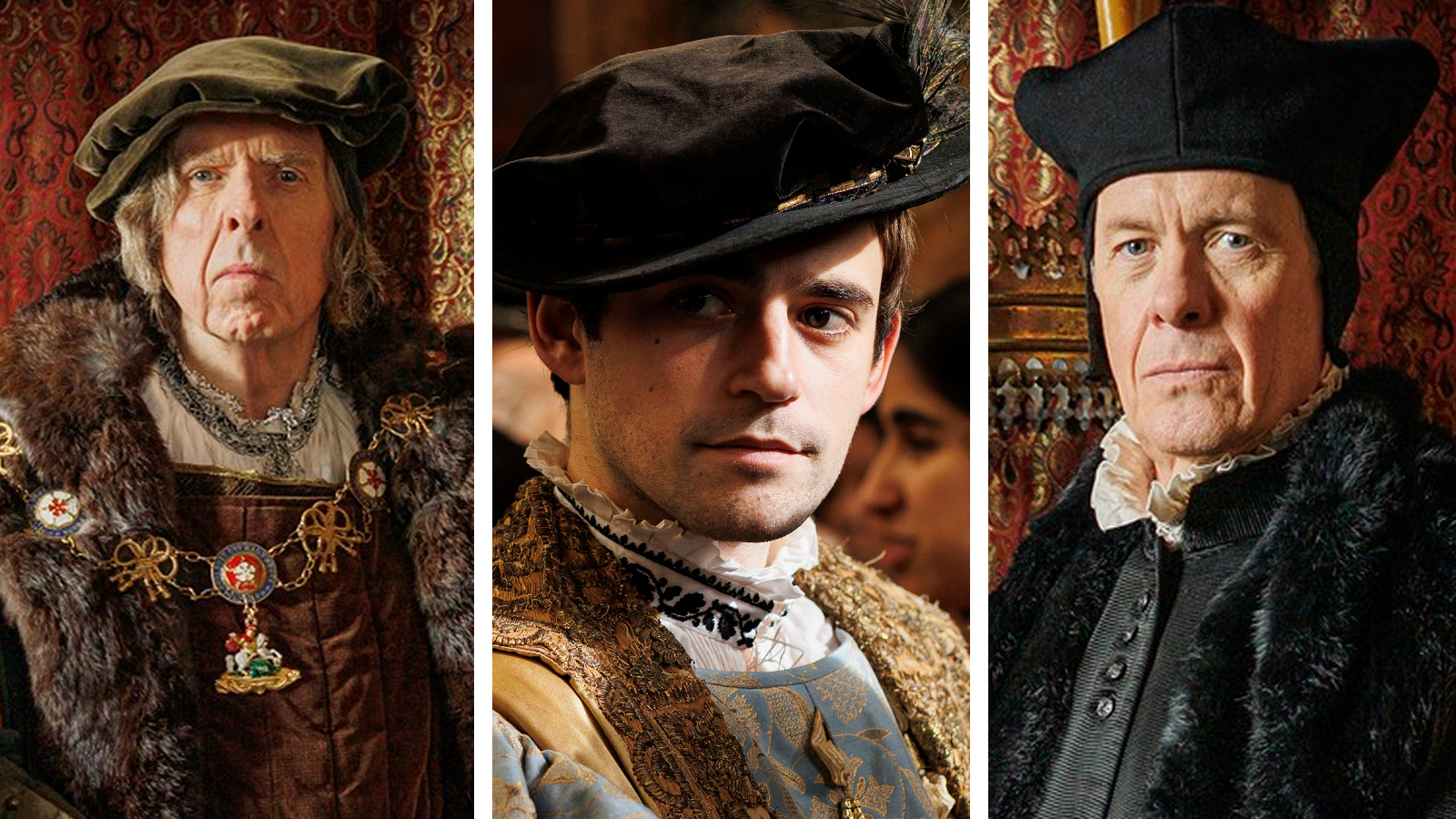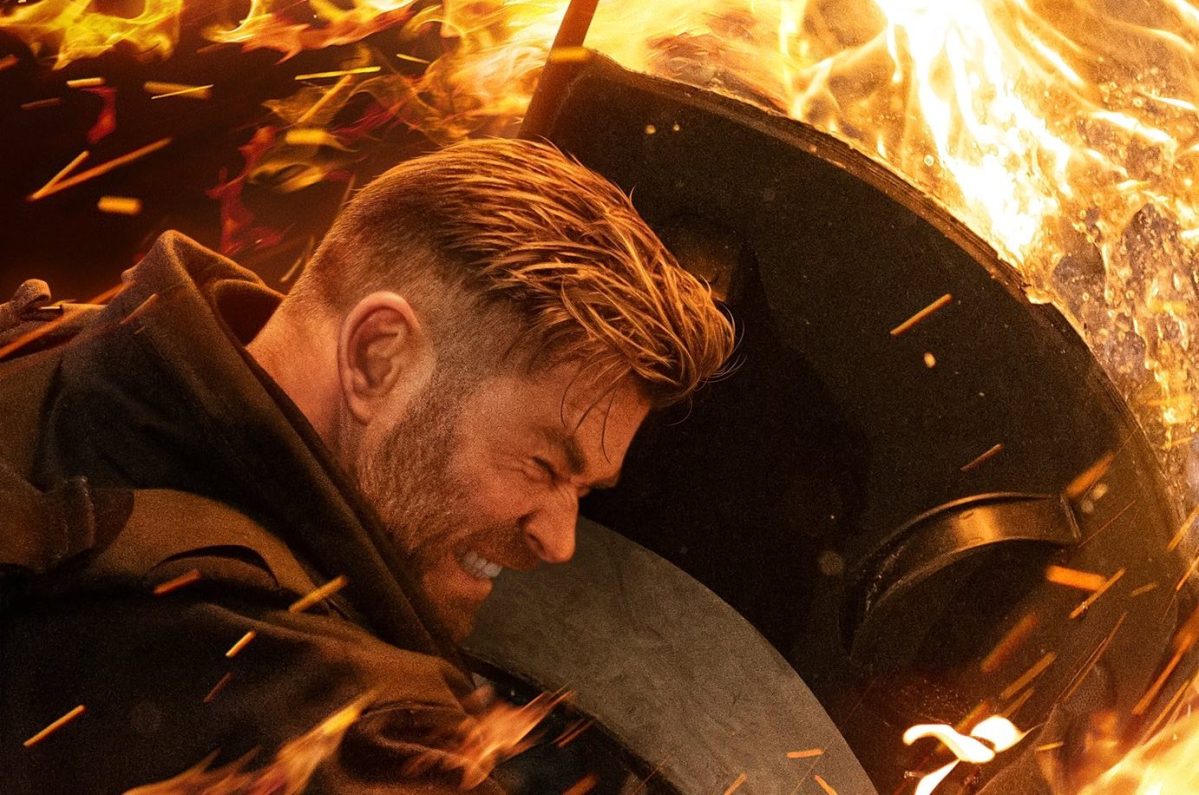Warning: The following contains spoilers for why Godzilla Minus One is better than anything in the MonsterVerse.
Godzilla Minus One sums itself up in a single quote: “My war isn’t over yet.”
These words, pushed through the quivering lips of a man grappling with himself, are just one instance of writer/director Takashi Yamazaki’s “Yes, and…” approach. He understands why we’re here: We want Godzilla, and we want him unfettered, unhinged, and unleashed. Godzilla Minus One touts plenty of that, but cramming this film – and all it’s trying to say – behind a “just another kaiju flick” label would be reductive and, frankly, incorrect. It’s a period piece. A love story. An exploration of courage, trauma, and found family. It’s a monster movie that does far more than it has to and solidifies itself as an all-timer.
Yamazaki keeps the story simple and focused: World War II has just ended, and disgraced kamikaze pilot Kōichi Shikishima wrestles with the side of himself that couldn’t act when lives depended on him. He faked plane troubles to avoid combat and failed to protect his comrades against Godzilla, leaving him with crippling shame of the culturally mandated “It should have been me” flavor. The fantastic “My war is not over” bit refers not to the unfinished business between Shikishima and Godzilla but to Shikishima’s unfinished business with himself. The MonsterVerse, Hollywood’s ongoing attempt to merge Godzilla and King Kong’s respective continuities hasn’t yet touched the depth or darkness of Godzilla Minus One, and it likely won’t. (That Godzilla x Kong: The New Empire trailer is great fun, though.)
There’s an implied cowardice to the phrase “retired kamikaze pilot” in Japanese culture. Shikishima carries this shame with him wherever he goes, and it consumes him. This shame, coupled with his very understandable PTSD, blinds him to the people around him who make him better.
The sometimes crude – but always effective – special effects reflect the lack of organization and refinement that characterized postwar Japan. His design isn’t as polished as it is in the MonsterVerse, but Yamazaki isn’t shooting for polish. He wants to communicate the messiness of this postwar period in every way he can, and this rough rendering of our favorite Big Boy services that vision beautifully. Godzilla is every bit the terrifying beastie we’ve come to respect, but certain sequences showcase his presence better than others. The naval struggles against the monster are leagues more exciting than the devastation in Tokyo, mostly because Godzilla is so much more terrifying in the water.
This movie is brilliant because Godzilla isn’t the point. Sure, he’s a massive fixture in the story, a squamous juggernaut capturing the ostensible insurmountability of Shikishima’s trauma-derived demons. But the core of Yamazaki’s tale is Shikishima learning to live with himself, and it all works best when it uses Godzilla to push this story – and its hero – to the intended conclusion.
This is where the “Yes, and…” truly elevates this entry. Not only does the script give us a genuinely compelling protagonist, but it also builds an irresistible cast around him. His archetypically ragtag group of friends become people you root for and care about, so much so that the very thought of Godzilla stomping them to mush or vaporizing them with atomic breath is unbearable.
Godzilla Minus One is proof that this franchise belongs with Toho. The famed Japanese studio won’t match the output of Hollywood’s Godzilla flicks, but with offerings this good, it has nothing to worry about.














Published: Dec 4, 2023 4:35 PM UTC